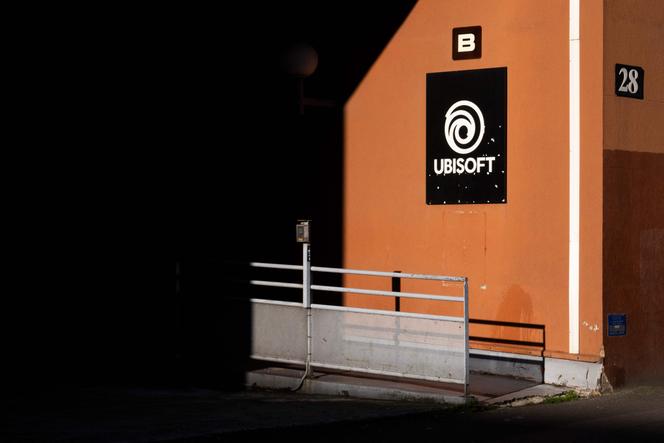The high-profile trial involves three former top executives of the maker of 'Assassin's Creed' and 'Far Cry.' They are accused of psychologically and sexually harassing employees for nearly a decade.

Three former top executives from French video game giant Ubisoft, the maker of Assassin's Creed and Far Cry, went on trial on Monday, March 10, accused of psychologically and sexually harassing employees for nearly a decade.
After an initial hearing lasting several hours, the criminal court in Bobigny outside Paris ordered that the trial be adjourned until early June.
The proceedings come after years of controversy over the global gaming industry's treatment of women and minorities in both games and real life.
After staff took to social media to accuse the company of a toxic work culture and predatory behavior by powerful managers, Ubisoft in 2020 launched a probe and announced the departure of several senior executives. The executive shake-up was hailed by some as a #Metoo moment in the male-dominated video game publishing industry, which has faced criticism in the past for the sexist and misogynistic characters and imagery often found in games.
Serge Hascoët, chief creative officer and the company's second-in-command, resigned, while Thomas François, vice president of editorial and creative services, and another senior executive, Guillaume Patrux, were dismissed for serious misconduct. All three men deny the claims.
François is the focus of the most damning testimonies, which have alleged systemic psychological and sexual harassment at the French giant located in the eastern Paris suburb of Montreuil. Aged between 38 and 46 at the time of the events, François is alleged to have habitually watched pornographic films in the open-plan office and commented on the appearance of female employees, whom he routinely insulted. Employees have complained of near daily public humiliation and hazing.
In addition to the accusations of sexual and psychological harassment, François is being prosecuted for an attempted sexual assault when he tried to forcibly kiss a young employee during a Christmas party as she was held by other colleagues.
The trial was adjourned to June 2 following a request from lawyers representing the civil parties in the case as well as defense lawyers who said they had not been given enough time to get themselves familiar with the documents.
'Desire to humiliate'
According to an investigative report seen by Agence France-Presse (AFP), François encouraged "his subordinates to act in the same way, using his influence and high hierarchical position within the company to this end."
Hascoët, 59, is accused of lewd behavior and posing intrusive questions of a sexual nature, as well as racist comments and behavior. Following devastating jihadist assaults in Paris in 2015, he allegedly asked a Muslim employee if she agreed with the ideas of the Islamic State group. The woman had her computer desktop background changed to images of bacon sandwiches and food placed on her desk during the Islamic fasting month of Ramadan.
The third defendant, former game director Patrux, 39, has been accused of psychological harassment.
Investigators have spoken to dozens of witnesses during the probe, but "many refused to file a complaint for fear of reactions from the video game community," according to the report seen by AFP.
Following an internal survey, Ubisoft said in 2020 that about 25% of its employees had been victims of professional misconduct at work or were witnesses to it.
Le Monde with AFP
Reuse this contentVous pouvez lire Le Monde sur un seul appareil à la fois
Ce message s’affichera sur l’autre appareil.
Découvrir les offres multicomptes-
Parce qu’une autre personne (ou vous) est en train de lire Le Monde avec ce compte sur un autre appareil.
Vous ne pouvez lire Le Monde que sur un seul appareil à la fois (ordinateur, téléphone ou tablette).
-
Comment ne plus voir ce message ?
En cliquant sur « » et en vous assurant que vous êtes la seule personne à consulter Le Monde avec ce compte.
-
Que se passera-t-il si vous continuez à lire ici ?
Ce message s’affichera sur l’autre appareil. Ce dernier restera connecté avec ce compte.
-
Y a-t-il d’autres limites ?
Non. Vous pouvez vous connecter avec votre compte sur autant d’appareils que vous le souhaitez, mais en les utilisant à des moments différents.
-
Vous ignorez qui est l’autre personne ?
Nous vous conseillons de modifier votre mot de passe.
Lecture restreinte
Votre abonnement n’autorise pas la lecture de cet article
Pour plus d’informations, merci de contacter notre service commercial.
.png)



